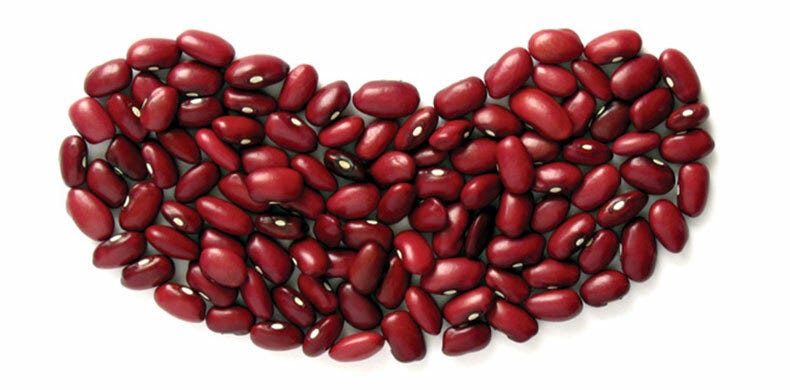
The kidneys are two small, fist-sized organs located either side of the spine at the back of the abdomen. Although small, kidneys play a vital role in the overall healthy functioning of our body. Healthy kidneys act as a filtration system to make sure the right amount of waste and fluids are removed from our blood. Every hour your blood supply circulates through the kidneys about 12 times, with around one to two litres of waste leaving the body each day as urine[1].
Most well-known for their function of filtering our blood, the kidneys also perform other important functions within the body, such as keeping your blood pressure regular and managing the body’s production of vitamin D, which is vital for strong bones, muscles and overall health[1].
For a small organ, the anatomy of the kidney is fascinating! We are born with, on average, about a million hairpin-like glomeruli at birth (although this number can vary)[2], which gradually declines as we age[3]. Droplets of filtered blood pass through a number of tiny tubes (tubules) into a central collecting region (the medulla).
Are you kidding me?
- The kidneys have a higher blood flow than the brain, liver or heart[4].
- The kidneys reabsorb and redistribute 99% of the blood volume and only 0.1% of the blood filtered becomes urine[4].
- The kidneys of a newborn baby are about 3x larger in proportion to body weight as in the adult[1].
- 1 in 3 Australians are at an increased risk of developing chronic kidney disease[5].
Making healthy lifestyle choices can help look after your kidneys
Here’s some advice from Accredited Practicing Dietitian, Simone Austin:
- Eat an abundance of fresh fruit and vegetables every day, including leafy greens and legumes.
- Choose wholegrains like brown rice, quinoa and buckwheat.
- Grab a handful of nuts a day for a snack over packaged processed foods.
- Be conscious of the amount of salt and sugar you are eating. Use herbs and spices to flavour food.
- Drink water every day! Water is essential for kidney health and we are so lucky to have fresh drinking water in Australia. If it’s not part of your daily routine, turn a tap on and start drinking.
- Swap processed meats for freshly cooked lean meat, canned fish, eggs, hummus, tofu or cheese on a sandwich instead[6].
- Start moving. It’s recommended that adults do at least 2.5 – 5 hours of moderate intensity physical activity per week[7].
- Smoking can slow blood flow to important organs like the kidneys and can make kidney disease worse – another reason to avoid it![8]
- Do things that are good for your soul, make time to relax and reduce your stress levels.
- If you are wanting to know more about your kidney health, please seek advice from a health professional to ensure you diet is appropriate for your health needs.
References:
- https://kidney.org.au/your-kidneys/prevent/what-your-kidneys-do
- Bertram JF, Douglas-Denton RN, Diouf B, Hughson MD, Hoy WE. Human nephron number: implications for health and disease. Pediatr Nephrol. 2011;26(9):1529-1533. doi:10.1007/s00467-011-1843-8
- Glassock RJ. The aging kidney: more pieces to the puzzle. Mayo Clin Proc. 2011;86(4):271-272. doi:10.4065/mcp.2011.0122
- https://www.kidneys.co.nz/Kidney-Disease/Facts-and-Figures/
- Chadban SJ, Briganti EM, Kerr PG, et al. Prevalence of kidney damage in Australian adults: The AusDiab kidney study. J Am Soc Nephrol. 2003;14(7 Suppl 2):S131-S138. doi:10.1097/01.asn.0000070152.11927.4a
- https://www.kidney.org/news/newsroom/nr/Right-Diet-May-Help-Prevent-KD
- http://www.health.gov.au/internet/main/publishing.nsf/Content/health-pubhlth-strateg-phys-act-guidelines#apaadult
- https://www.kidney.org/atoz/content/smoking
